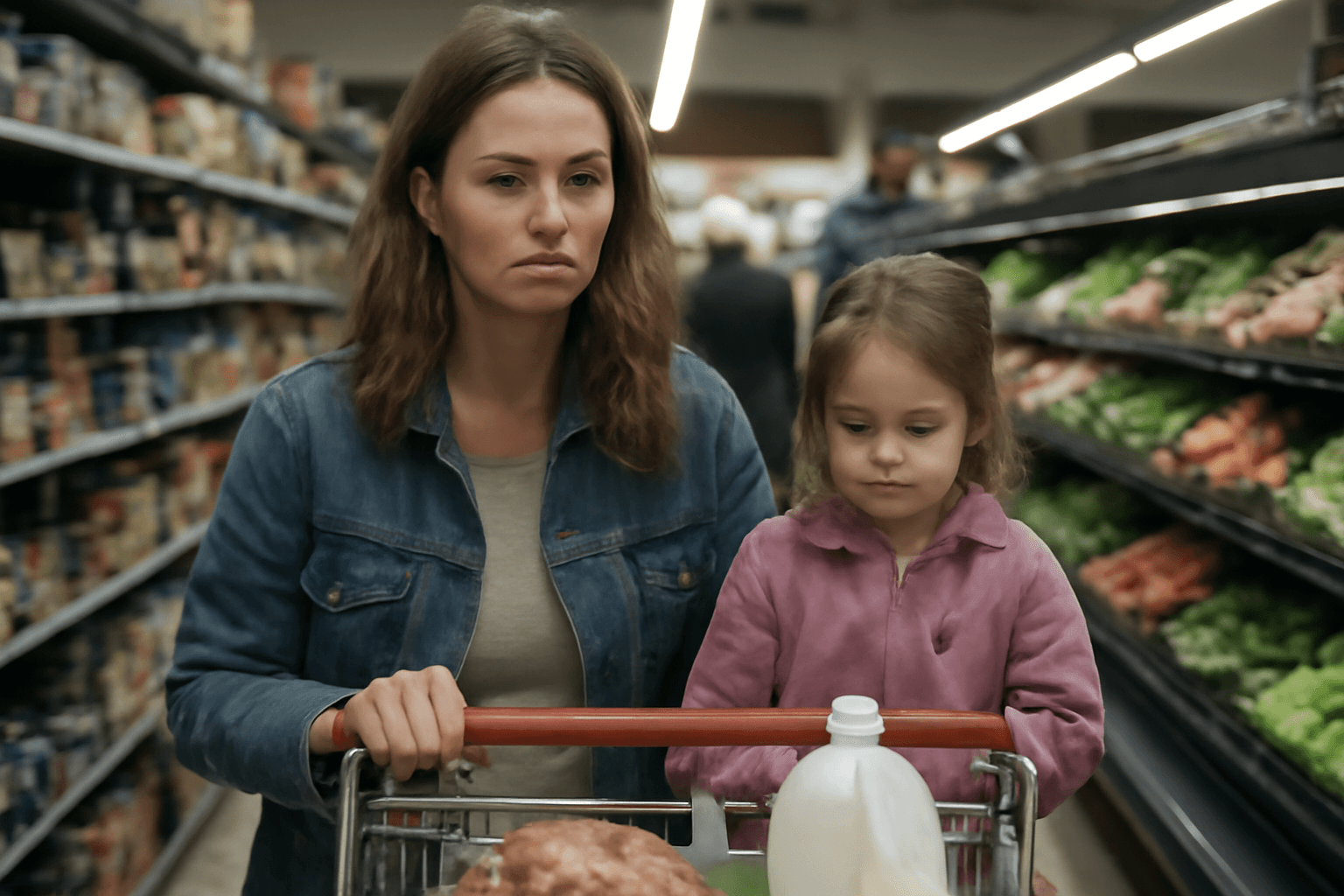The U.S. House of Representatives narrowly approved President Donald Trump's expansive domestic policy legislation, dubbed the "One Big Beautiful Bill," in a 215-214 vote last week. This comprehensive package, exceeding 1,000 pages, is designed to advance Trump's economic and fiscal priorities and will next be considered by the Senate, where further debate and amendments are anticipated.
A key point of contention within the bill involves tightened work requirements for recipients of the Supplemental Nutrition Assistance Program (SNAP). Specifically, the legislation mandates that parents of children aged 7 to 17 engage in 80 hours of work per month to maintain eligibility. However, a notable disparity exists: married couples with children in the same age group are only required to have one parent meet this work threshold, whereas single-parent households must do so themselves.
This provision has sparked concerns among advocates and analysts about fairness and the potential for exacerbating food insecurity. Single parents—predominantly women, who constitute approximately 80% of such households in the U.S.—may face significant challenges balancing these work demands with childcare responsibilities.
Exemptions to the work requirements are provided for homeless individuals, veterans, pregnant women, and persons under 18 or over 64 years old.
Ed Bolen, senior policy analyst at the Center on Budget and Policy Priorities, criticized the disparity, stating, "Subjecting a single mom to work requirements while married mothers are exempt highlights the inequity of this policy." Similarly, Carolyn Vega, associate director of policy at the nonprofit Share Our Strength, noted that while it is recognized some parents cannot work due to childcare duties, the bill’s leniency applies unevenly, favoring married households.
The administration has framed part of its policy agenda around encouraging family cohesion and child-rearing within the home, predominantly highlighting mothers' roles. In a recent Mother's Day statement, President Trump emphasized his commitment to ensuring families achieve a high standard of living even on a single income.
However, experts warn the bill's approach may undermine food security for entire households. Even if children retain SNAP eligibility, loss of benefits by the adult caretaker can reduce overall household resources, increasing vulnerability to hunger and nutritional instability.
As the bill advances to the Senate, stakeholders continue to monitor developments closely, weighing the implications for vulnerable families nationwide.



















